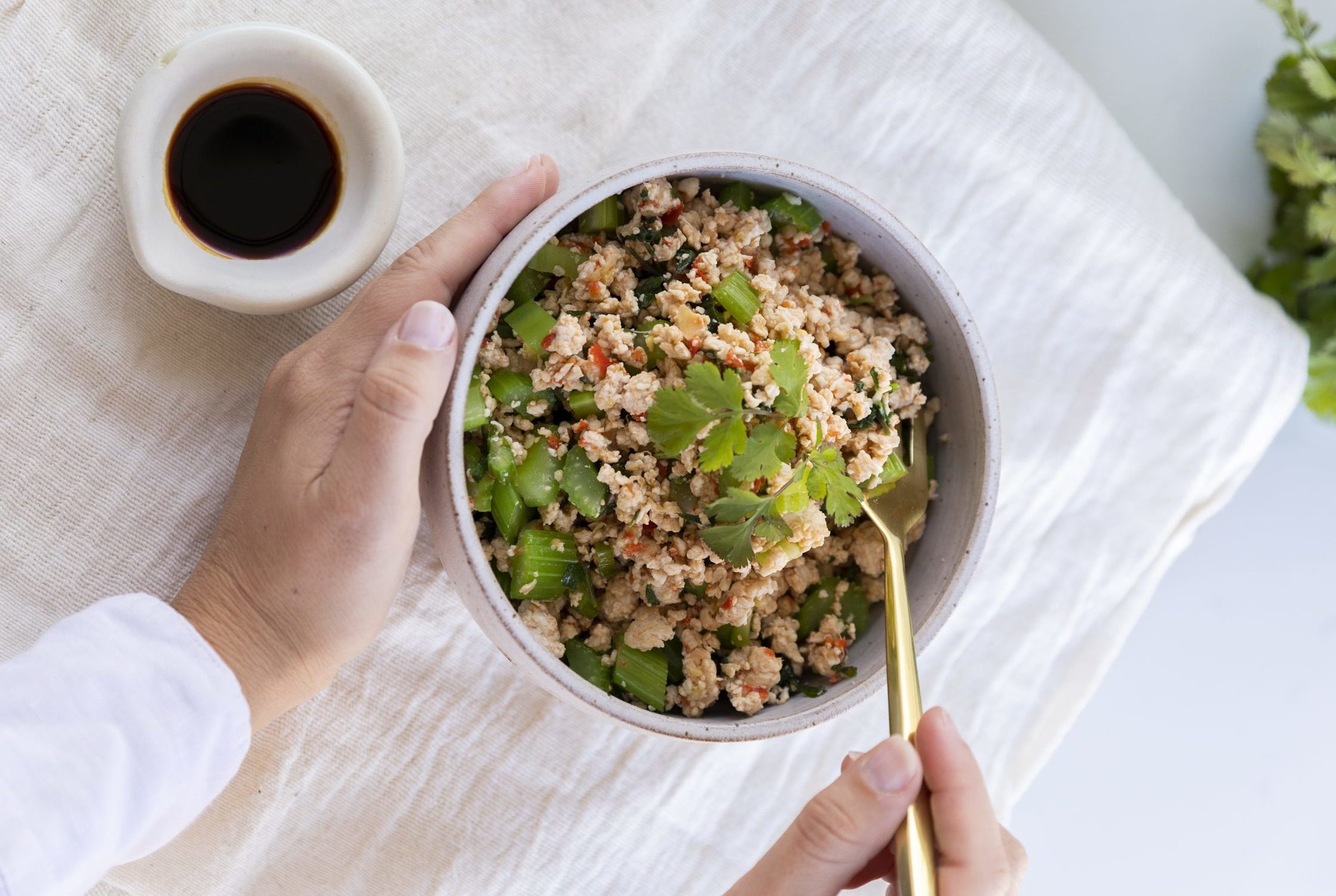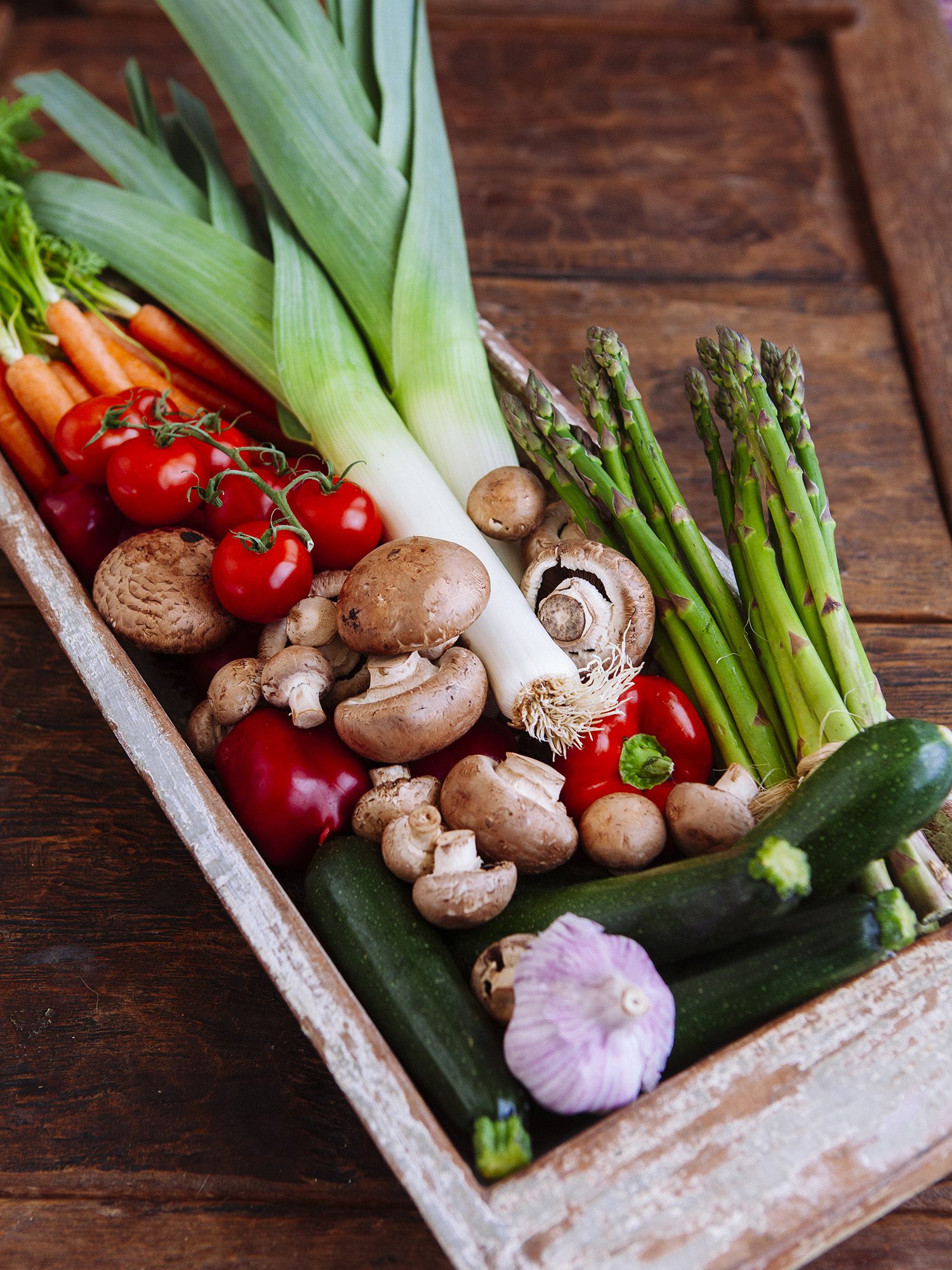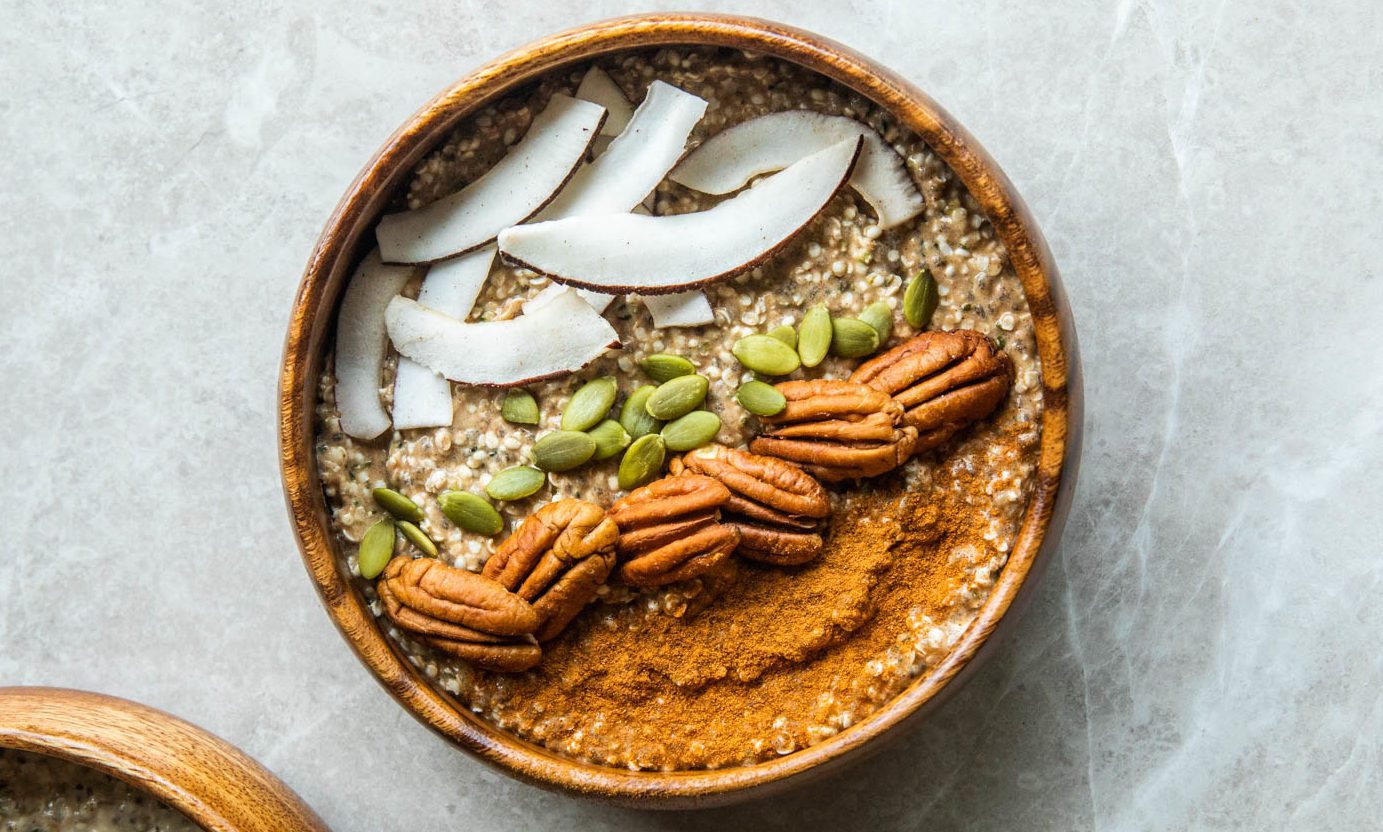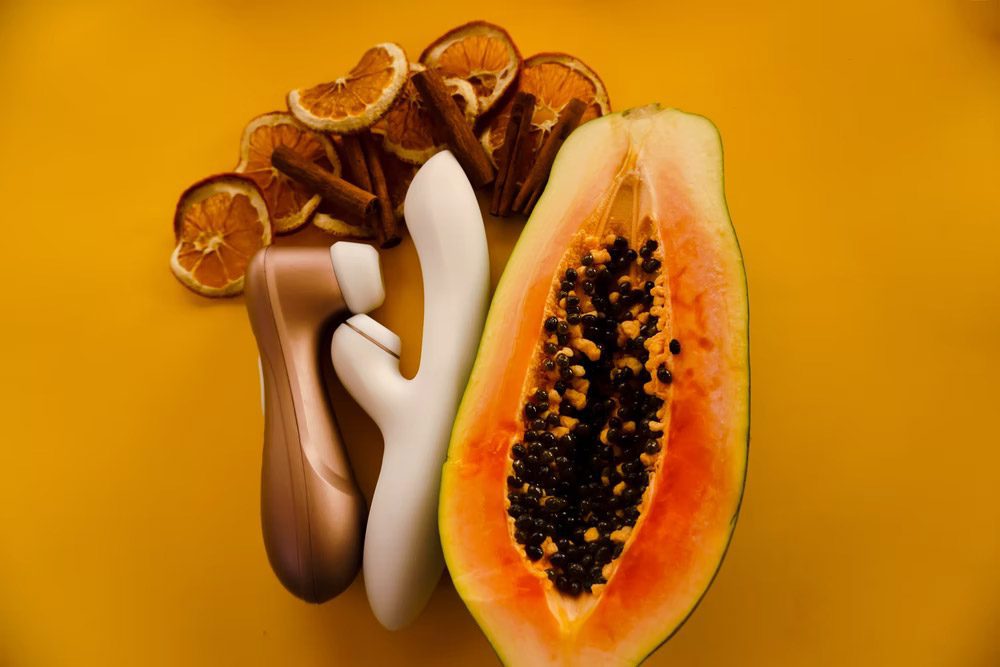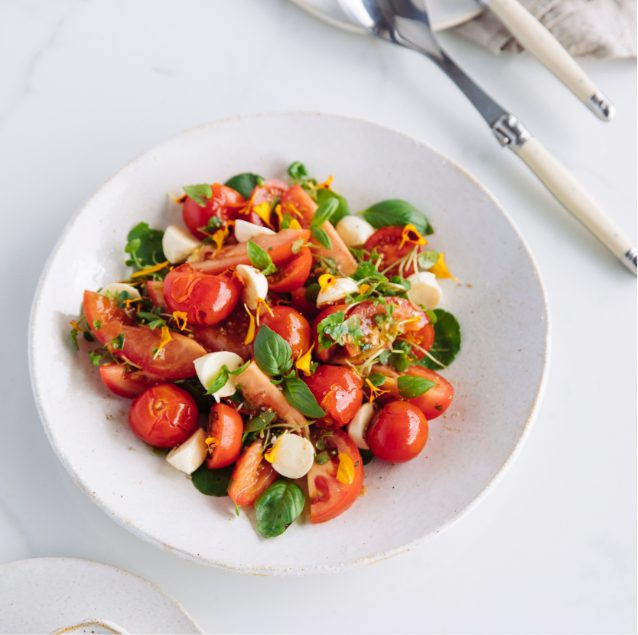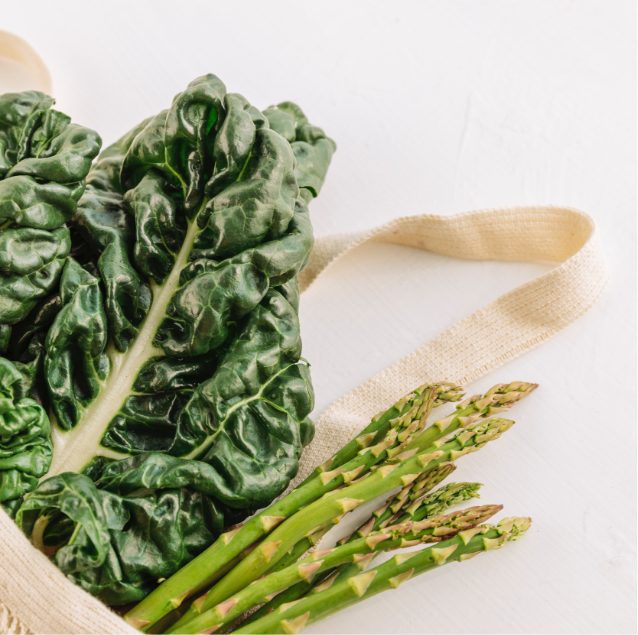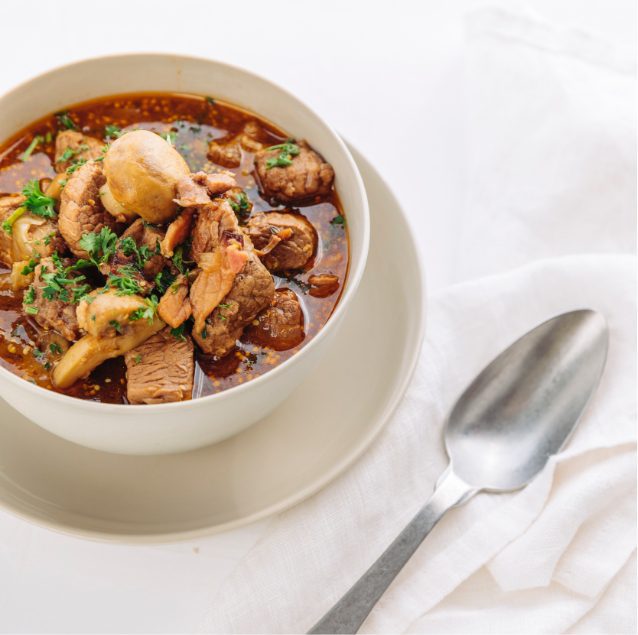“When we eat we’re taking nature, taking the world
into our bodies, and that’s a very profound thing.
It is our most profound engagement with the natural world”
Michael Pollan
Preparing, cooking, eating, and loving food can be seen as a series of relationships. First and foremost, the connection is with self, then spiritually with Mother Earth and all the good stuff she provides; and finally, environmentally with the farmers, growers, producers and suppliers.
However, the greatest currency of the modern era is nostalgia. People want to be transported to another time and place, to the food they ate or the sights they saw.
Ultimately if we are not feeling fulfilled, and this may also be a sense of disappointment, then we will search for fulfillment. This can happen in our human relationships because if we feel abandoned, lonely, or rejected there is a psychological drive towards filling the void, whether it be food, music, travel, shopping or sex.
The associated concepts of attachment, belongingness and comfort food are inherently intertwined. After all, since the ignition of fire, cultural menus have evolved around hunting, gathering, growing, and cooking.
When we visit a new city, town or country most food lovers will immediately search out the local dish or national plate. Have you ever noticed that the same dish in a favourite restaurant can vary occasionally despite the same chef being there? Some might say that the chef is having a bad day (never cook in a bad mood is a motto I try to adhere to).
The energy we infuse into our cooking directly reflects the energy we emanate from our soul.
For many cultures, beyond survival, food was a conduit to God. Once upon a time food was entirely organic without the use of pesticides, chemicals, genetic engineering, highly processed or irradiated to prevent spoilage.
The modern denaturing of foods deranges much of the life force, making the food void of integrity and the capability to nourish – in short, going against the ultimate intention of food – and also diminishes our cosmic connection. Understanding how food and the way we assimilate it can provide a stream of positive energy is fundamental – and it might vastly improve your life force.
Along my journey with the healing arts, I have observed a deeper desire of those I meet for something greater than wellness. The pursuit of happiness is fundamental to our consciousness, and I believe a holistic approach to food and happiness are key. Along my journey with the healing arts, I have observed a deeper desire of those I meet for something greater than wellness. The pursuit of happiness is fundamental to our consciousness, and I believe a holistic approach to food and happiness are key.
Our digestive system is an intricate cellular matrix of delicately integrated components and is well documented as being the second brain. It is home to over one hundred million neurons, many more than our backbone. A healthy nervous system enables muscles, organs, and tissues of the body to work at full efficiency and gives sharper sensory perception. It also creates a sense of vitality and energy. When we eat good food, stretch, and exercise we can clear toxins that can benefit the neurotransmissions at the fine nerve endings and at the synapses between the nerves.
One of the monoamine neurotransmitters called dopamine (DA) is responsible for reward-driven learning and is kind of like the smiley face of the brain world in that it makes you feel good. Serotonin is one of our good-mood neurotransmitters, derived from melatonin that is found extensively in the gut, and is secreted through the gastrointestinal tract – up to 80%. It modulates perception, cognition, mood, emotion, sleep and appetite. It needs a few essential nutrients to activate it and one of those is the amino acid called tryptophan that helps the body produce the B vitamin niacin.

Tryptophan helps the body relax and induces sleep. Can’t sleep? Warm milk should do the trick! Think about how you feel after a celebratory feast that you indulge in, and then the nap that often follows afterwards and you’ll understand the tryptophan effect.
In times of uncertainty, stress and despair, many of us can find instant comfort from food. So how does it work and why? The concepts of taste, memory and nostalgia are interwoven and powerful time machines that can transport us back to a time of fond memory, safety, security or relaxation – travel and childhood are key destinations.
Through food, we are able to express our values and personal experiences. What we choose to eat and, importantly, what we choose not to eat, is a direct correlation with our self-respect and who we are.

